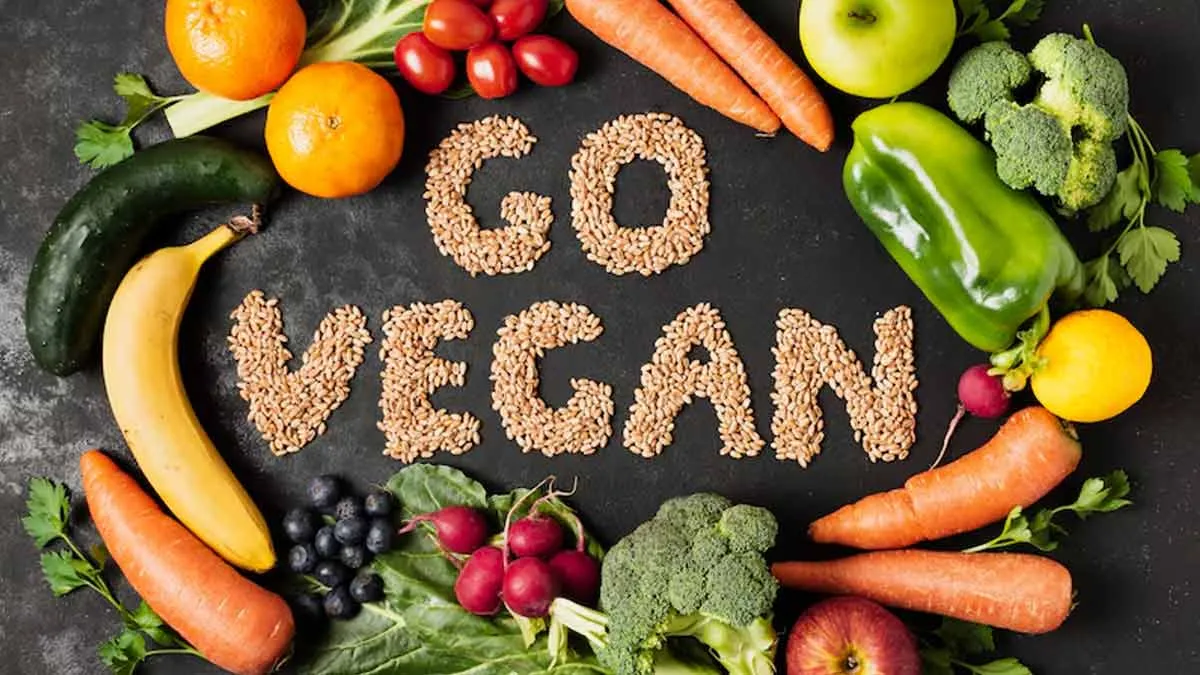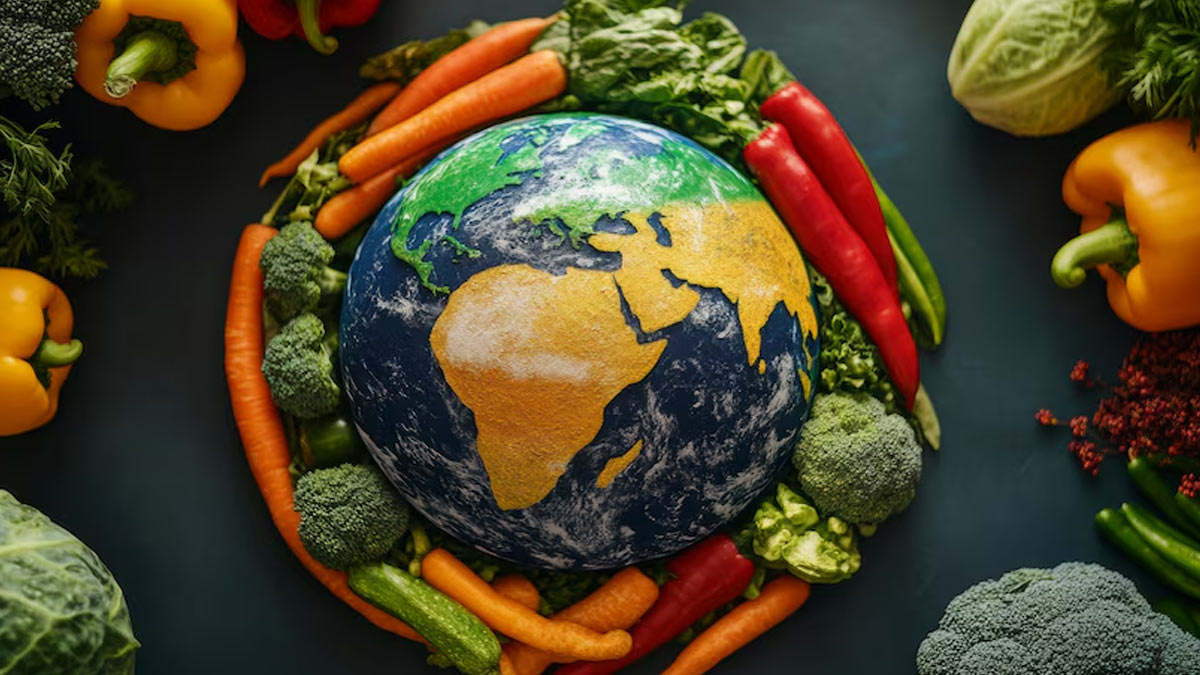
World Vegan Day, observed annually on November 1, is a day dedicated to celebrating veganism and the growing awareness around plant-based diets. Veganism has gone beyond a diet and become a lifestyle for many, impacting everything from daily meals to ethical choices about clothing and cosmetics. Understanding the fundamentals of veganism and how it differs from vegetarianism can help us appreciate the broader commitment that veganism represents. Here’s a closer look at what it means to follow a vegan lifestyle, along with some insights from research.
Table of Content:-
What is Veganism?
Veganism involves eliminating all forms of animal-derived products from one’s diet and lifestyle. Unlike vegetarians, who may consume animal by-products like dairy, eggs, and honey, vegans choose to avoid these products entirely. Beyond diet, many vegans extend their commitment to clothing, cosmetics, and household items, rejecting anything produced through animal exploitation, including leather, wool, silk, and products tested on animals.
This philosophy stems from the belief in minimising harm to animals and reducing the environmental impact associated with animal agriculture. By abstaining from animal products, vegans aim to support animal welfare, lower their carbon footprint, and reduce reliance on industries that contribute to greenhouse gas emissions and deforestation.
Also read: Plant Based Diet: Health Benefits of a Well-Balanced Vegan Lifestyle
Vegan Diet: Health and Nutritional Aspects

A well-planned vegan diet includes a variety of whole foods like fruits, vegetables, grains, nuts, seeds, and legumes. Studies have shown that vegan diets can offer numerous health benefits, potentially reducing the risk of heart disease, hypertension, and Type 2 diabetes. However, it’s essential for vegans to carefully plan their diets to avoid deficiencies in nutrients commonly found in animal products, such as Vitamin B12, iron, calcium, and omega-3 fatty acids. Nutritional supplements or fortified foods can help bridge these gaps, making veganism more accessible to those looking for a plant-based diet.
Veganism vs Vegetarianism: Key Differences
While both vegans and vegetarians avoid meat, fish, and poultry, vegetarians typically consume animal by-products like milk, cheese, yoghurt, and honey. This distinction impacts the nutritional profile and ethical stance of each diet. Vegetarians may have an easier time meeting their protein, calcium, and Vitamin B12 needs through natural sources, while vegans often need to rely on fortified foods and supplements.
Ethically, vegetarians may avoid meat for personal health or to reduce animal suffering, but vegans take this one step further, eliminating all forms of animal exploitation. This includes abstaining from products like leather, wool, and cosmetics tested on animals, making veganism more of a lifestyle commitment than just a dietary choice.
Also read: Thinking To Turn Vegan? Common Nutrient Deficiencies You Might Face
Environmental Impact: Veganism’s Role in Sustainability

One of the driving forces behind the popularity of veganism is its positive environmental impact. Animal agriculture is a major contributor to deforestation, water pollution, and greenhouse gas emissions. A study by the University of Oxford found that switching to a vegan diet could reduce an individual’s carbon footprint by up to 73%. The researchers highlighted that veganism significantly reduces land use, water consumption, and pollution, offering a sustainable alternative in the face of climate change.
By reducing the demand for animal products, veganism helps decrease the pressure on natural resources and promotes a more sustainable food system. Vegan diets, especially when locally sourced and based on whole foods, can support efforts to reduce global emissions and preserve ecosystems.
Is Veganism Right for Everyone?

While veganism offers many benefits, it may not be suitable for everyone due to cultural, dietary, and individual health considerations. Those interested in transitioning to veganism can start by incorporating more plant-based meals gradually and ensuring they meet their nutritional needs. Consulting a healthcare provider or nutritionist can help make the shift smoother, especially for those with specific health concerns.
Conclusion
World Vegan Day is a reminder to consider the impact of our dietary and lifestyle choices on animal welfare, the environment, and our health. Whether through adopting a fully vegan lifestyle or simply reducing animal product consumption, each small change can contribute to a more compassionate and sustainable world. For those curious about veganism, this day presents a perfect opportunity to explore plant-based recipes, learn more about vegan nutrition, and consider the ethical implications of everyday choices.
Also watch this video
How we keep this article up to date:
We work with experts and keep a close eye on the latest in health and wellness. Whenever there is a new research or helpful information, we update our articles with accurate and useful advice.
Current Version